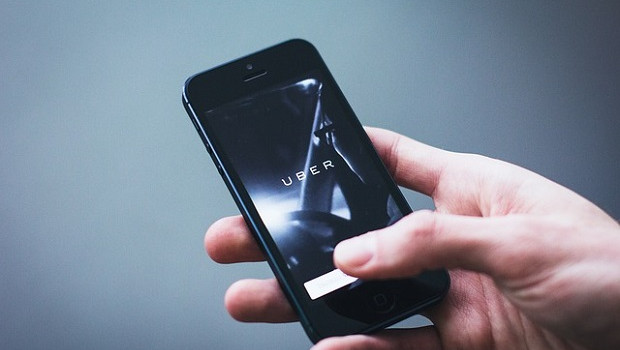Uber loses UK High Court bid over London business model

UBER TECHNOLOGIES INC
$60.73
11:10 20/12/24
Ride-hailing company Uber has lost a High Court bid to have its business model ruled compatible with London’s transport operating laws.
The company wanted a judgement that would mean its drivers would hold contracts directly with passengers and it was no more than a passenger bookings agent. Monday’s decision means that Uber and other ride-hailing companies will be liable for anything that goes wrong with the service.
It could fundamentally restructure the private hire industry in London as almost all 1,832 TfL licensed operators have used this model of operation since the industry first came under regulatory supervision in 2002.
The High Court ruling will limit the ability of all ride-haling firms to misclassify workers as independent contractors, which has been used in the past to shield operators from employer liability, legal liability to their customers and for payment of VAT.
Uber brought the legal action after the Supreme Court in February ruled that drivers were workers and therefore entitled to the minimum wage and holiday pay.
It wanted clarity on a point of law after Lord Justice George Leggatt of the Supreme Court suggested Uber was not only in breach of employment law, but may also be in violation of transport law administered by Transport for London.
He said there was “no factual basis” for Uber’s contention that it acted as an agent for drivers and in Monday's ruling Justice Peter Fraser and Lord Justice Stephen Males said that “to operate lawfully, an operator must undertake a contractual obligation to passengers”.
In response, Uber said the ruling meant that "all the details of the Supreme Court decision are now clear. Every private hire operator in London will be impacted by this decision, and should comply with the Supreme Court verdict in full".
James Farrar, general secretary of the App Drivers and Couriers Union, claimed that the legal action was a “failed collateral attack” on the Supreme Court ruling by Uber.
“Rather than fix its broken business model, Uber was determined to double down,” he said. “Because TfL declared neutrality before the court, the ADCU had no choice but to step in and use our own meagre resources to defend this case. Our victory will now make misclassification unlawful, transform the London minicab industry for the better and finally eradicate sector wide worker rights abuses.”